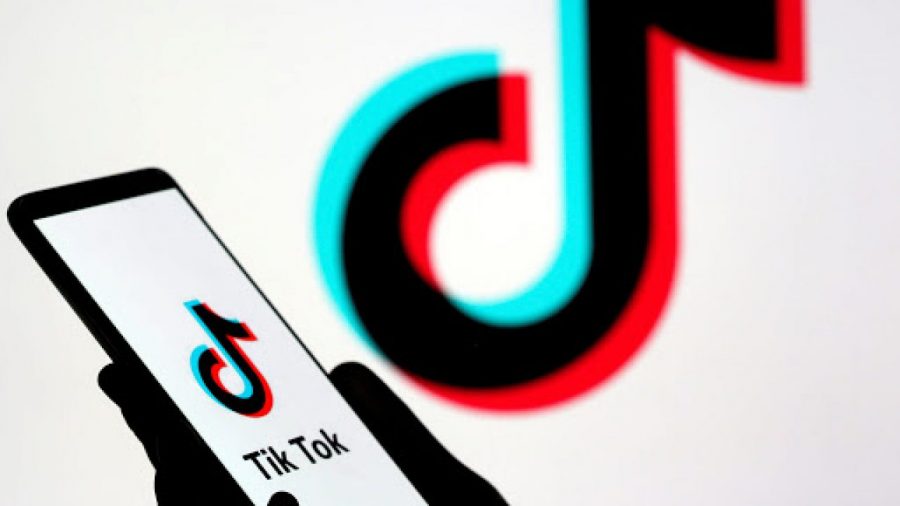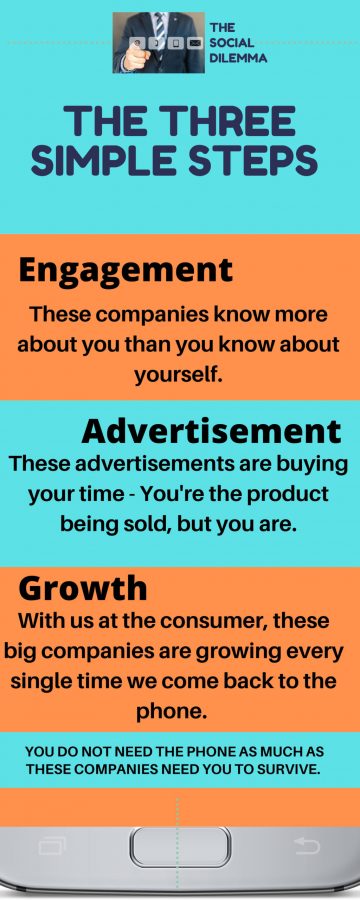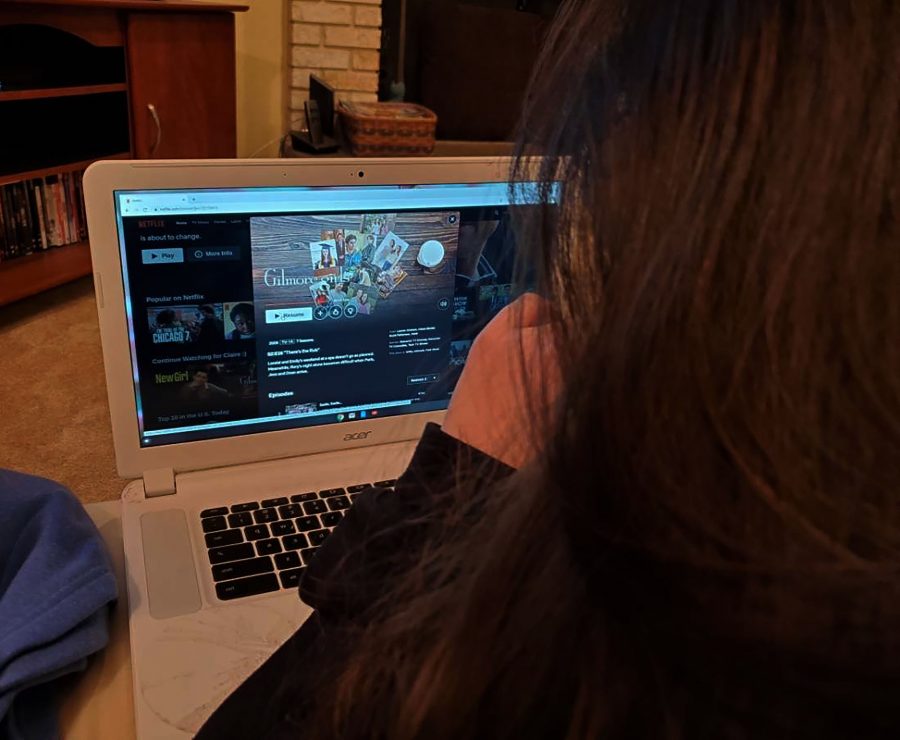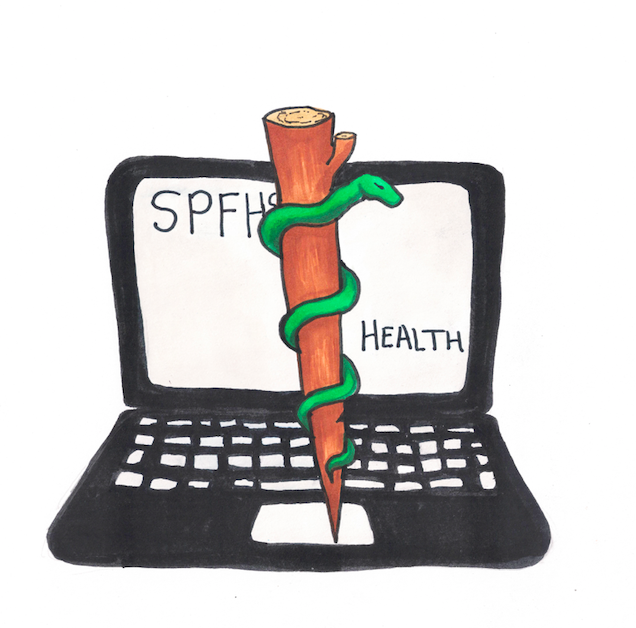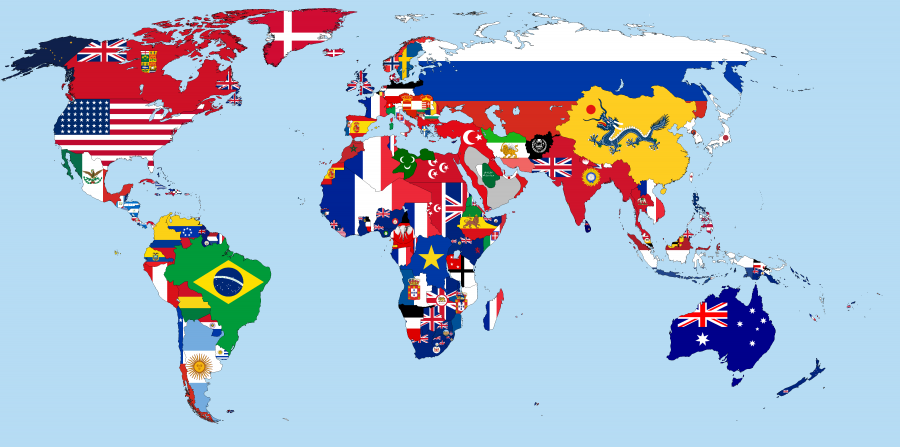On Aug. 6, after much anticipation, President Donald Trump signed an executive order banning all U.S. transactions with TikTok—a social media platform that gained significant worldwide attention from December 2019—in 45 days, unless all assets held by ByteDance, the Beijing-based holding company, are divested to an American company. The Trump administration’s swift action resulted from investigations into ByteDance’s alleged associations and allegiance to the Chinese Communist Party (CCP), the ruling party of the People’s Republic of China, and the alleged harvesting of user information conducted by TikTok.
While the investigation itself was conducted confidentially by the U.S. intelligence community, many Americans, including political commentators, developed a suspicion of the world-famous social media platform. One example that gained a lot of buzz was a video by TikTok creator Feroza Aziz, who posted a tutorial video of her curling her eyelashes but in the background began speaking about the mass detention and re-education of ethnic Uyghur Muslims in China’s northwestern region of Xinjiang. The video was removed by TikTok, and the story went viral, with the Internet community accusing TikTok of censoring videos that did not align with the values of the CCP. TikTok later re-uploaded the video, claiming that the removal was due to a “human moderation error.”
After reports from the U.S. intelligence community about TikTok’s data security, many users have expressed concern about their data being stolen. But some believe that this is not an issue that warrants federal intervention.
“If users are voluntarily providing [data] then it is available to them,” history and sociology teacher Stephen Kolesar said. “You always have a choice not to use the app if you don’t like how they conduct business.”
However, Kolesar did not share the same concerns about a potential ban’s violation of the Constitution.
“[The President] has the Constitutional authority via an executive order [to ban any application from operating in the United States].”
Despite these major allegations, TikTok is a very popular social media platform and has quickly found an audience with young children and teens, especially during the COVID-19 pandemic.
In Scotch Plains and Fanwood, several high-schoolers have found success on TikTok, including senior Meagan Lavin. Lavin’s account (@meaganlavin) promotes body positivity, mainly for young girls. Her success began when one of her videos reached over 1.7 million views. Lavin now posts frequently on the platform and continues to encourage acceptance of all body types.
“I think that a lot of teens will be very upset [if the app is blocked in the U.S.], and we will probably push to get it back,” Lavin said. “TikTok has helped me get through a really challenging time in my life…it would be a shame to have [the] app removed.”
Another TikTok star from SPF is none other than junior Evan Gomillion. Gomillion posts almost daily on his TikTok account (@evangomillion3) or Instagram account (@evangomillion) to interact with his followers. Gomillion boasts nearly 900,000 followers on his TikTok account alone.
“I don’t think people in the U.S. would react positively to TikTok being removed from the App Store because it has become a significant part of so many people’s lives,” Gomillion said. “I’m sure that larger creators on the app would be devastated to lose an app that allows them to express themselves using short videos and I’m sure that users would be devastated to lose an app that allows them to also take part in internet trends.”
As of now, there is a high likelihood that TikTok will continue to be accessible on the App Store and to people in the United States; President Trump has agreed to halt the ban as Oracle and Walmart are joining together to acquire the platform and base it in the U.S.. As younger generations feel passionate about utilizing the creative platform, this deal might satisfy those who fear security concerns. The presidential election in November may have an impact on whether or not the social media platform will continue to be legal for use in the U.S., but for now, TikTok is here to stay.
The future of TikTok in the U.S.
November 15, 2020
0
More to Discover
About the Contributor

Jamie Frank, Photo Editor, Social Media Coordinator
Jamie Frank is a senior SPFHS and is heavily involved in sports at the high school. She played varsity field hockey for three years and ran on the track & field team for two. She currently works at the JCC in town as a swim instructor and is the photo/graphics and social media manager for the fanscotian. If she’s not writing you can usually find her lounging at the beach with a book in hand!


